Every year, football fans get excited about the next crop of blue chip prospects joining their teams, from five-star high school recruits graduating to college to first-round rookies drafted into the NFL.
Those who follow the game more closely realize that, despite their promise, most freshmen and rookies take a year to mature into stars.
Albert Kim, head of Ericsson Ventures, has a similar view with the augmented reality industry. While general interest in augmented reality, based on Google Trends, has reached its peak over the past year, Kim sees numerous hurdles holding the technology back…for now.
After completing a study of hundreds of AR and VR start-up companies over the past year, concern grew at Ericsson Ventures regarding the timeline for the market to become "meaningful."
I think people agree that this is inevitable, and all of us at some point will be enjoying very immersive AR and VR experiences and this will be available at scale, but, in our view, there are meaningful technology hurdles, especially when it comes to a great experience in AR headset and hardware technology, that have to be overcome. That could be five years, ten years, or twenty years, and it is somewhat unclear how quickly that will happen.
For example, for headset hardware, he sees screen resolution, refresh rate, size of display, the ability to untether a headset, and form factor impact as issues that impact the smoothness, quality, and comfort of immersive experiences. While Kim believes each of these problems will be solved, the uncertainty of the timeline makes his company hesitant to invest.
"From an investment perspective, we were concerned with participating as investors in a lot of those companies that, in some cases, enjoy pretty lofty valuations, but had a questionable business timeline when it comes to ramping to a profitable business," said Kim in an interview with Next Reality.
While Kim did not refer to any of these companies with lofty valuations by name, when Magic Leap comes up later during our interview, he did take the opportunity to chuckle and hedge his general statement.
"They may make me eat all of my words if they really come through with what they've promised, but no one's really seen the actual product," said Kim.
As for the promise of AR and VR, a report from Ericsson's ConsumerLab acts as a proof-point for a rosy outlook of the future.
"Merged Reality" is based on qualitative data from internal group discussions with Ericsson employees, as well as quantitative data from online surveys of 9200 customers from the US, Europe, and Asia.
The report also references knowledge compiled from "voice of the customer" interviews with 100,000 per year.
Among their conclusions is that, among surveyed smartphone consumers who are aware of VR, 51 percent believe AR will have more real-world applications because it integrates with the physical environment. Moreover, 49 percent of respondents believe that AR and VR experiences will eventually merge into one device.
"We do believe AR and MR are the ultimate opportunities," said Kim. "That market is probably much larger than the VR market; there are endless use cases."
One use case which Kim finds most interesting is enhanced remote worker solutions. Software applications from Upskill, Atheer, Scope AR, Ubimax, and others have already shown how the technology can improve work processes, either with smartglasses or with tablets and smartphones. However, being unsure of "how deep and differentiated" the market is, Ericsson Ventures declined to pursue a company in this field.
Within the next five years, Kim sees 360-degree video and VR as the viable play from an investor's standpoint, particularly in terms of gaming and entertainment, as it operates in a more confined ecosystem and can focus on "good enough" 3D presentation. Even in VR, though, leading players such as Oculus and HTC are selling millions of devices, whereas the smartphone market operates in the billions.
Matterport, a company in which Ericsson Ventures recently invested $5 million, was attractive in that it had a unique use applied to a business opportunity. If their bread is 3D computer vision, and then their butter is creating inexpensive 3D models of indoor spaces for companies working in real estate, design, construction, and facilities management.
As a result of their business, a new opportunity has arisen, which Kim likens to a "holy grail" for the industry. In creating these 3D models, Matterport has amassed a library of hundreds of thousands of 3D indoor maps. This data set can be used to create "semantic model of 3D spaces," where a computer vision algorithm can tell the difference between walls, windows, doors, and furniture. Once a computer learns to understand where these various things begin and end, it can inform applications to change the colors of the items and place virtual items into the scene.
"That kind of semantic model doesn't exist to a sufficient degree of accuracy today, and that is what the company is really in a pole position to create, and hopefully become the standard of such models going forward," said Kim.
Ericsson has a strategic interest in seeing both AR and VR succeeding. For its entertainment business, the company has a vested interest in future-proofing for the next generation of media consumption, where 3D and VR content becomes more ubiquitous. In addition, Ericsson's wireless infrastructure business seeks to drive the industry forward to the next generation of connectivity.
"As we look to 5G, which has the promise to increase bandwidth availability and decrease latency over wireless networks, probably at least one order of magnitude over 4G, we are very interested in use cases and ecosystems that could drive demand for such connectivity. AR/VR is certainly one of those ecosystems," said Kim. "We'd like to be a part of boosting that ecosystem through investment and direct participation to help it get to scale."
Correction: This story was originally published on Sept. 9, but it was updated on Sept. 13 to credit the Merged Reality report to Ericsson's ConsumerLab, rather than Ericsson Ventures.
- Follow Next Reality on Facebook, Twitter, and YouTube
- Sign up for our new Next Reality newsletter
- Follow WonderHowTo on Facebook, Twitter, Pinterest, and Google+
Cover image via Ericsson Ventures







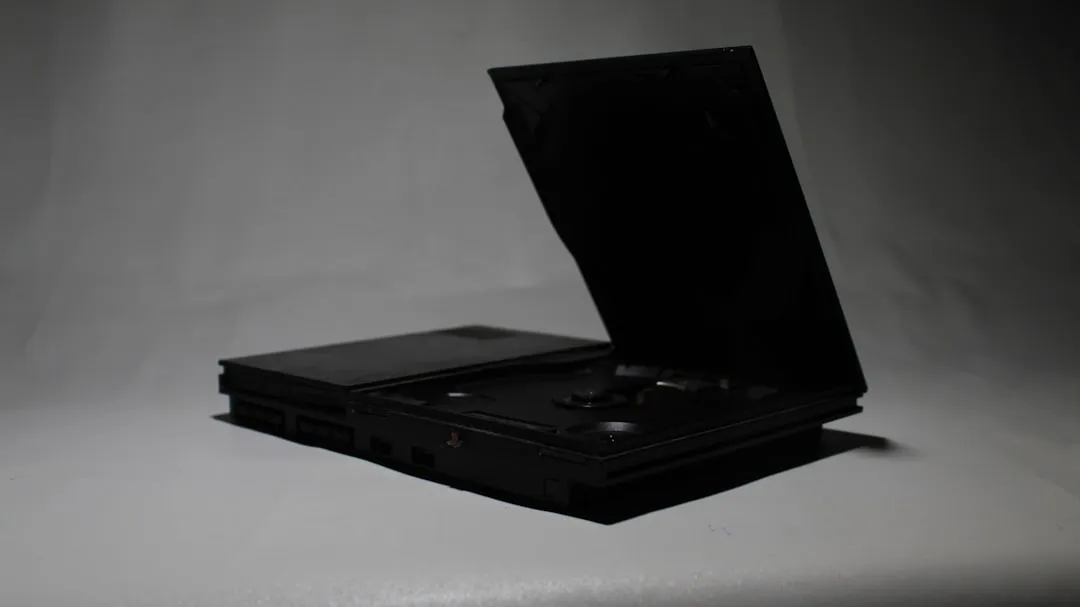










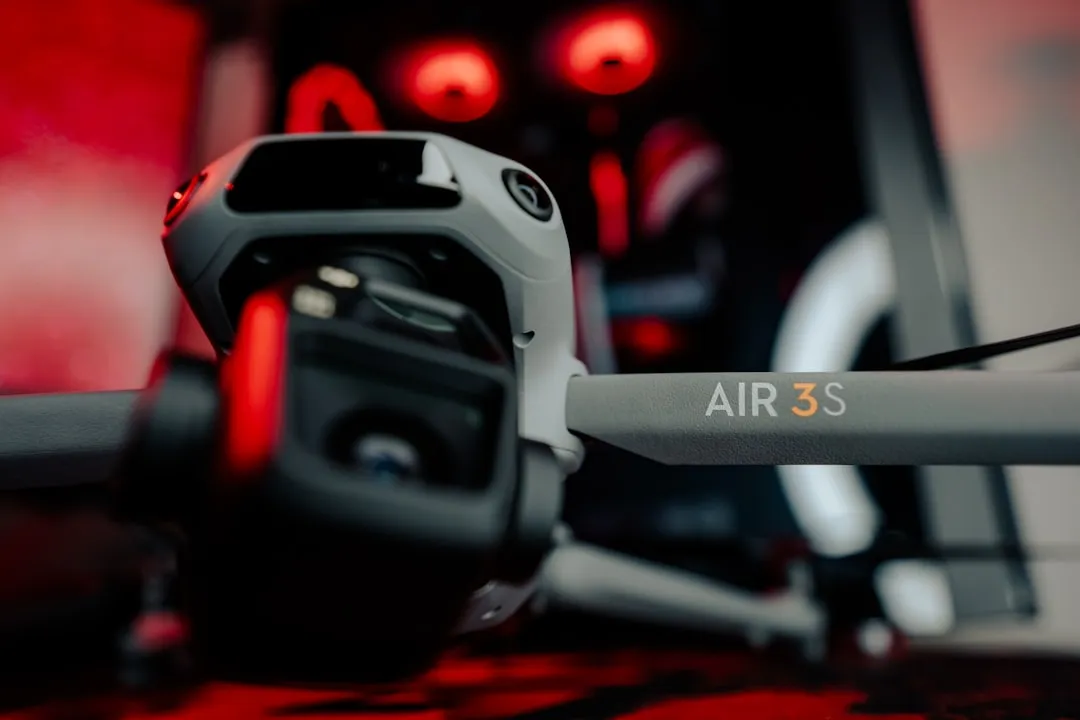

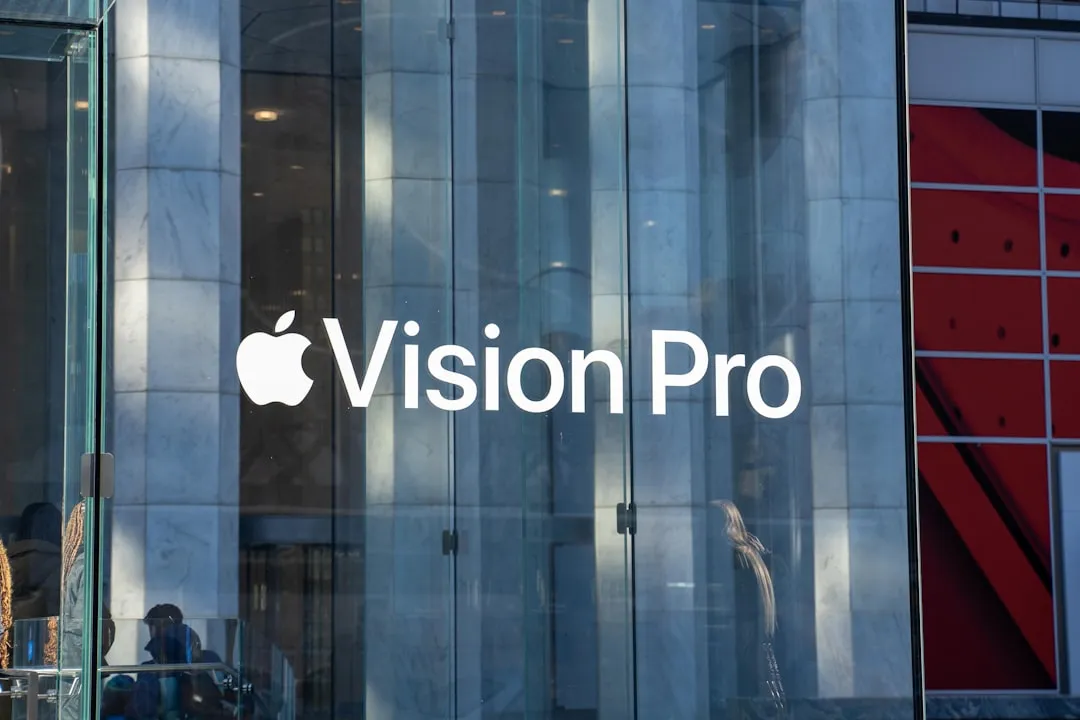

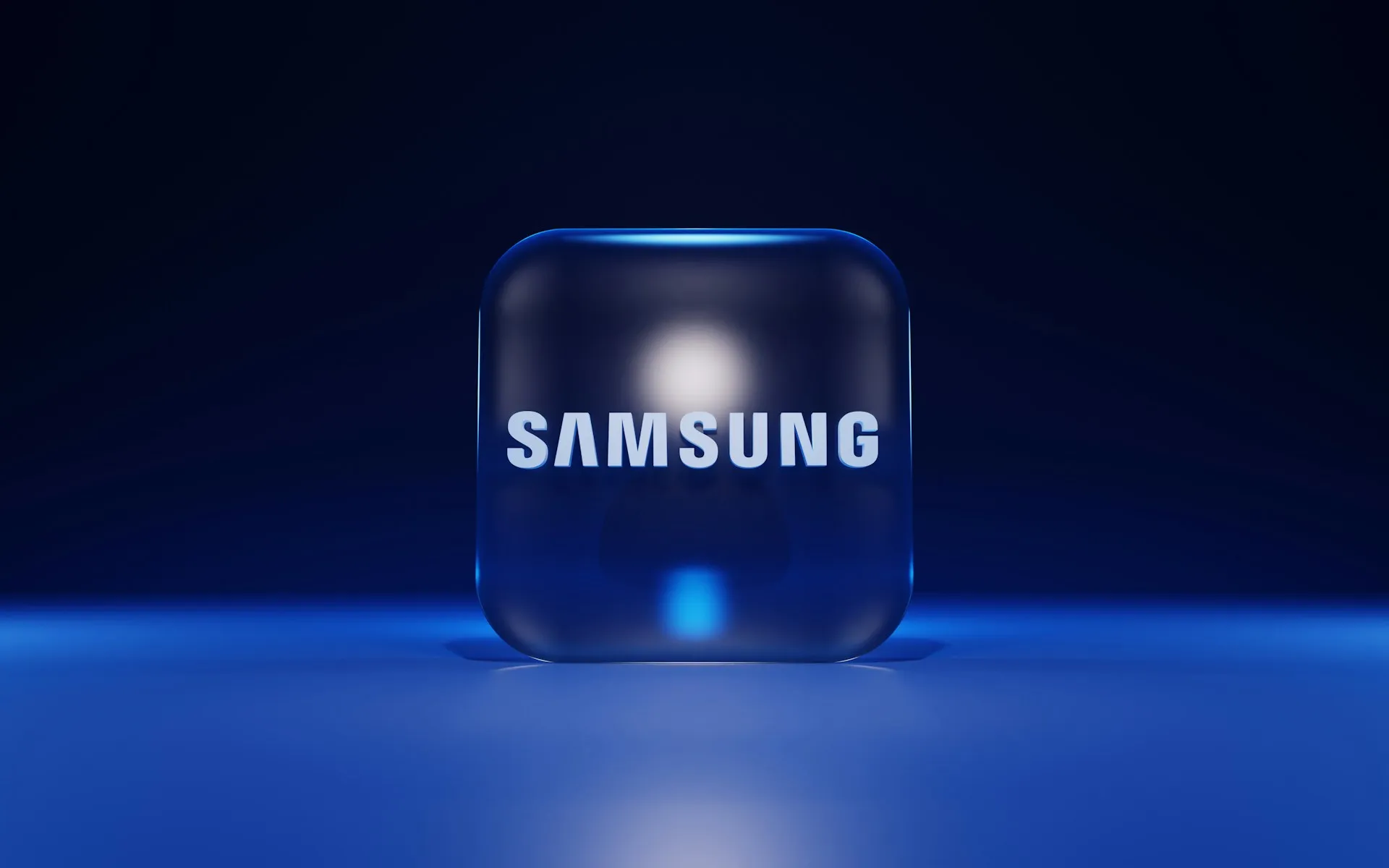

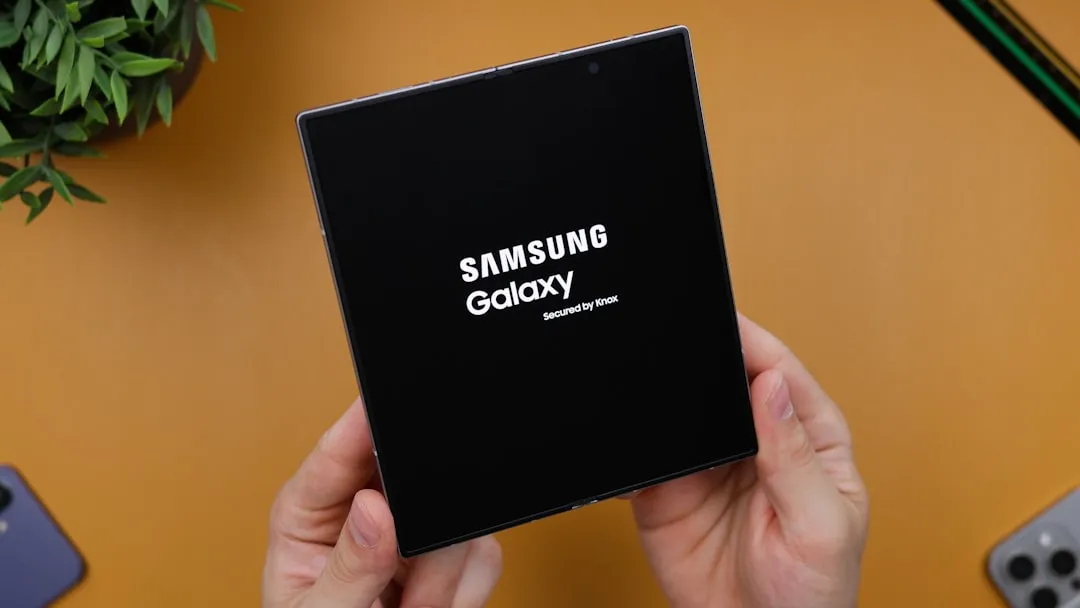
Comments
Be the first, drop a comment!